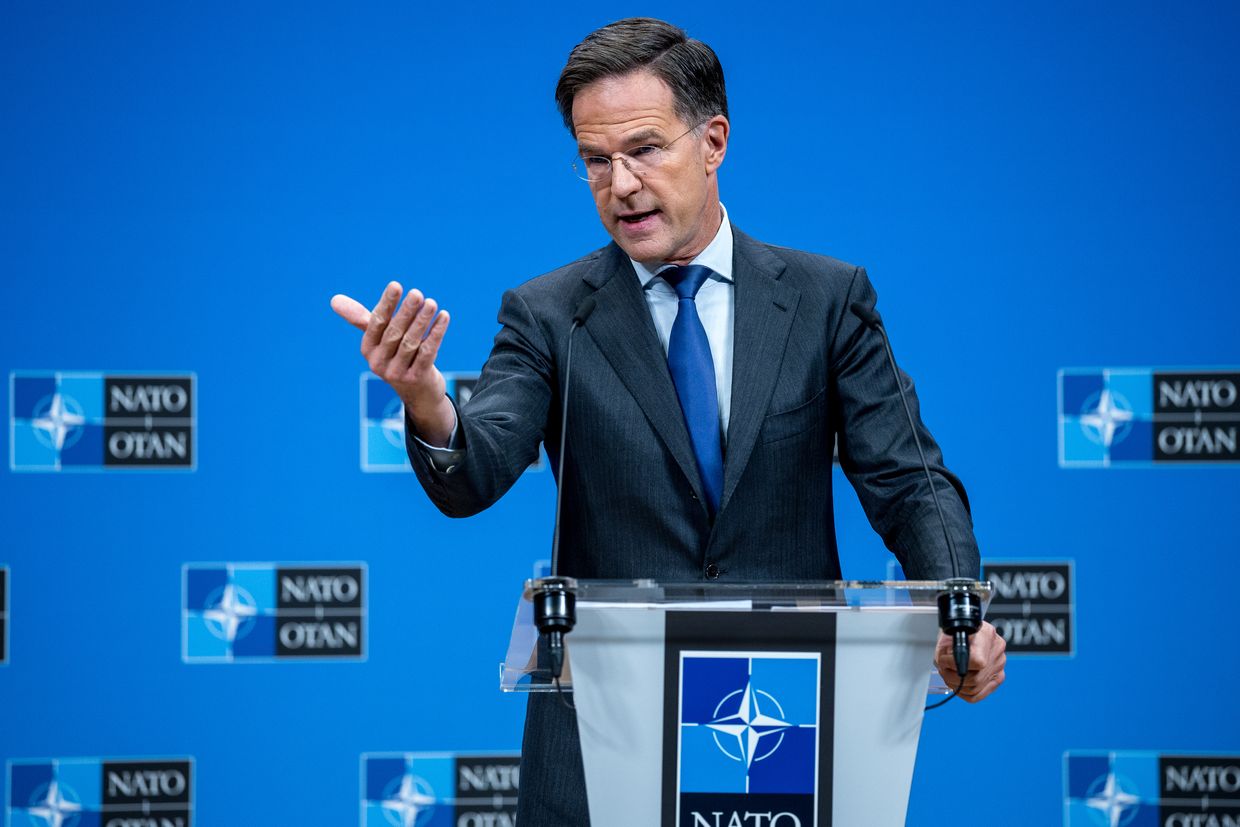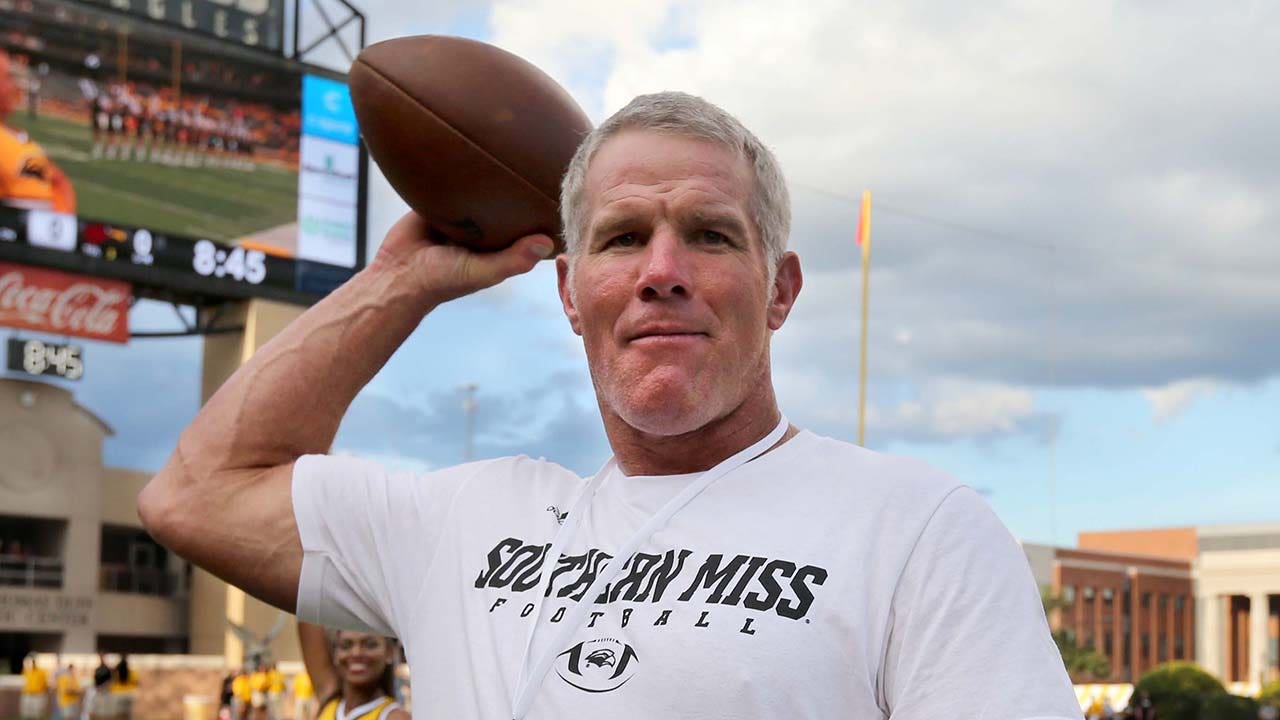Warren Buffett is set to preside over Berkshire Hathaway's annual meeting on Saturday, with investors and analysts keen to hear the legendary investor's views as U.S. President Donald Trump's tariff policies cause uncertainty for business and the economy.
The conglomerate's share price has so far weathered a turbulent period for markets, rising 18.9% this year while the Standard & Poor's 500 was down 3.3%.
For many, Berkshire's diverse portfolio of businesses offers a mirror into the broader U.S. economy, including the BNSF railroad, Geico insurance, energy businesses, real estate brokerage HomeServices and Fruit of the Loom underwear.
"The far-reaching nature of their businesses and investments make them a microcosm for the whole economy," said Cathy Seifert, an analyst at CFRA. "The overarching concern is we need insight into the degree to which tariffs will cause demand destruction or a slowdown in the economy."
The U.S. economy shrank for the first time in three years in the first quarter, the Commerce Department said, as companies raced to import goods to avoid higher tariffs.
Berkshire's meeting is expected to see the 94-year-old Buffett answer shareholder questions for more than four hours.
Topics typically cover operating businesses, the economy, markets, life lessons and Berkshire's future after the Oracle of Omaha departs.
Vice Chairman Greg Abel, who was designated Buffett's successor as chief executive in 2021, and Vice Chairman Ajit Jain will also answer questions.
Investors may also question Buffett's desire to deploy capital, after Berkshire sold more stocks than it bought for nine straight quarters. Its cash stake reached $334.2 billion at the end of 2024.
"Warren Buffett has steered away from discussing tariffs, and people are clamoring to hear what he thinks," said Robin Nasser, a certified public accountant from Newport Beach, California who is attending the meeting. "He obviously knows something we don't because he's stockpiling cash."
Prior to the meeting, Berkshire will release its first-quarter results, including its cash stake and details on its stock trading.
In March, Berkshire raised its stakes in Japanese trading houses Itochu, Marubeni, Mitsubishi , Mitsui and Sumitomo to as high as 9.8%.
What Berkshire will look like after Buffett departs is also on investors' minds.
Lead independent director Susan Decker told CNBC that Abel is taking on more of the capital allocation responsibilities that Buffett normally handled. The role that portfolio managers Todd Combs and Ted Weschler will play is unclear.
After the question-and-answer session ends, there will be votes on seven shareholder proposals, including matters related to diversity, the environment and artificial intelligence. Buffett and Berkshire's board oppose all seven.
.png)
 German (DE)
German (DE)  English (US)
English (US)  Spanish (ES)
Spanish (ES)  French (FR)
French (FR)  Hindi (IN)
Hindi (IN)  Italian (IT)
Italian (IT)  Russian (RU)
Russian (RU) 








Comments